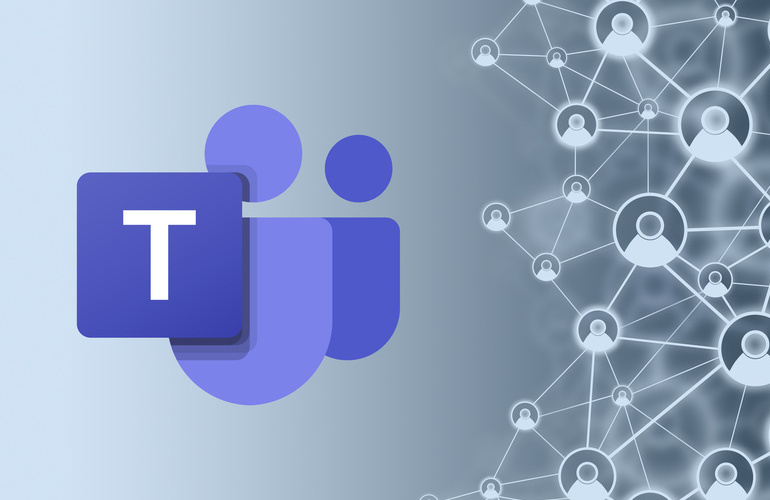
Microsoft Teams will soon stop users from taking screenshots during meetings, fixing a major security problem in online meetings. Starting July 2025, if someone tries to take a screenshot, the meeting window will turn black, protecting sensitive information.
The new “Prevent Screen Capture” feature arrives as companies face growing concerns about data leaks. These leaks can happen during virtual meetings where important information is often shared.
“To address the issue of unauthorized screen captures during meetings, the Prevent Screen Capture feature ensures that if a user attempts to take a screen capture, the meeting window will turn black, thereby protecting sensitive information,” Microsoft stated in its official announcement.
The feature will work on Windows, Mac, iOS, Android, and web browsers. Users joining from older versions or unsupported platforms will be placed in audio-only mode.
Microsoft is also creating detailed audit logs for screen-sharing activities. These will be available to IT administrators starting June 2025. Logs will track who controlled screen sharing sessions, when it happened, and who was involved.
Security experts point out that the system isn’t perfect. People can still take photos of their screens with another device or simply take screenshots of the meeting chat.
The update shows how companies are more concerned about keeping information safe in online meetings. As regulatory obligations tighten and data breaches increase, organizations can no longer rely solely on user trust to protect sensitive information.
Meta introduced similar protections in WhatsApp last month with its “Advanced Chat Privacy” feature that blocks attempts to save shared media and export chat content.
Microsoft has not yet clarified whether the feature will be enabled by default or if meeting organizers and administrators will have control over its activation.
With more than 320 million monthly users across 181 countries, Microsoft Teams has become essential for business operations. The new security feature represents Microsoft’s continued focus on balancing productivity with security in an era where sensitive information increasingly flows through virtual channels.






















